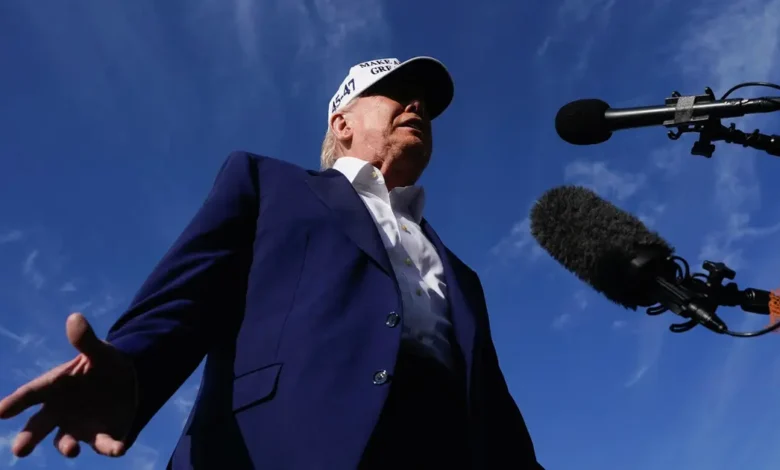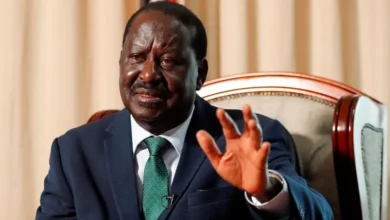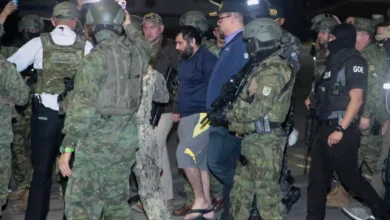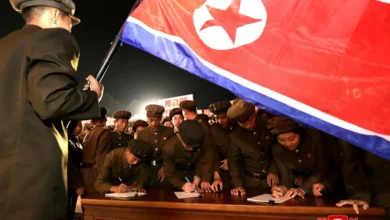America’s next top general in Europe will also lead NATO, officials say

US President Donald Trump will maintain the traditional role of a US general at the helm of NATO, at least for now, three US officials, a Western official and a NATO source said, even as Washington pushes European allies to take more responsibility for their security.
Trump himself privately communicated the decision to NATO Secretary General Mark Rutte, the Western official said, speaking on condition of anonymity.
The Pentagon, White House and NATO did not immediately respond to requests for comment.
The decision will relieve European NATO allies and even some of Trump’s fellow Republicans amid concerns that Washington’s tough talk on Europe, and skepticism about the war in Ukraine, could signal a swift retrenchment in America’s military leadership.
Still, officials say US warnings that Trump’s administration needs to shift its focus to Asia and homeland security are sincere. While no decisions have been made, Trump’s administration has discussed possible troop reductions in Europe, where about 80,000 US personnel are based today.
The next expected US nominee for the positions of both Supreme Allied Commander Europe (SACEUR) and US European Command (EUCOM) is Air Force Lieutenant General Alexus Grynkewich, the US officials said.
The US officials spoke on condition of anonymity ahead of an announcement expected in the coming days.
The position of SACEUR, which oversees all NATO operations in Europe, has been filled by a US general since its creation after World War Two. US Army General Dwight D. Eisenhower became the alliance’s first SACEUR in 1951.
Since taking office in January, Trump’s administration has pressured Europe to ramp up its own defense spending, saying Europe should be primarily responsible for defense on the European continent.
How quickly Europe assumes such a role remains a big question, and there have been discussions within the administration about the possibility of handing over the job of Supreme Allied Commander Europe to a European nation, officials say.
“Make no mistake: President Trump will not allow anyone to turn Uncle Sam into ‘Uncle Sucker’,” US Defense Secretary Pete Hegseth told reporters during a visit to NATO headquarters in February.
During Trump’s first term, maintaining NATO and the leading US role in the alliance was a top priority for his Pentagon chiefs. Retired Marine Corps General Jim Mattis, his first defense secretary, resigned in part because of Trump’s skepticism towards NATO.
While the United States was still expected to pressure Europe to do more, and could in the future start redirecting US troops elsewhere as part of a broader review of US deployments, the US decision to maintain the role of SACEUR is certain to be welcomed by key allies of Trump in Congress.
The two Republican lawmakers who lead the Pentagon’s oversight committees in the US Congress issued a rare joint statement in March expressing alarm about a potential US withdrawal from the SACEUR command structure.
Grynkewich, who is now the director for operations at the US military’s Joint Staff, would succeed Army General Christopher Cavoli, who has been in the role since shortly after Russia’s 2022 invasion of Ukraine, helping oversee billions of dollars in US security assistance to Kyiv.
Trump entered office in January predicting he would be able to end the war in Ukraine in 24 hours. In the months since, he has found that the conflict is more intractable than he believed and has blamed his predecessor, Joe Biden, for allowing it to happen.










